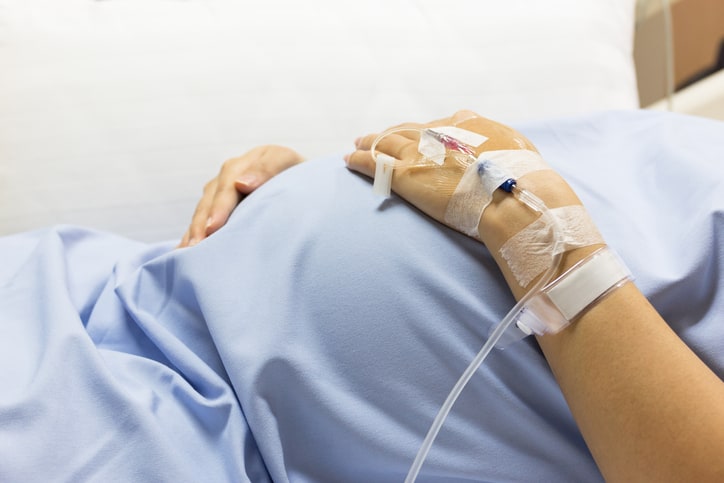Infection
Neonatal SARS-CoV-2 Antibodies at Delivery and Infant Infection: A Prospective Cohort Study
The following is a summary of “The association of neonatal SARS-CoV-2 anti-spike protein receptor-binding domain antibodies at delivery with infant SARS-CoV-2 infection under the age of 6 months: a prospective cohort study,” published in the June 2023 issue of the Clinical Microbiology and Infection by Oz-Alcalay et al.
This study aimed to determine the relationship between neonatal SARS-CoV-2 antibody level at delivery and infant SARS-CoV-2 infection before 6 months of age and identify predictors of neonatal antibody level. In a prospective observational study conducted between September 2021 and mid-February 2022, cord blood sera were analyzed for SARS-CoV-2 anti-spike receptor-binding domain antibodies following maternal BNT162b2 vaccination or infection. For six months, infants were monitored for SARS-CoV-2 infection.
About 9 of the 67 enrolled mother-infant dyads did not satisfy the eligibility requirements. For 57 of the 58 mother-infant dyads included in the study, 6-month follow-up data were available. The mean ± standard deviation log SARS-CoV-2 anti-spike antibody level at delivery was lower among infants who were COVID-19 positive versus negative during follow-up (3.41 ± 0.74 AU/mL, n = 12; vs. 3.87 ± 0.84 AU/mL, n = 46; P 0.036); a log titer of ≥4.07 AU/mL (11 750) at delivery was associated with a significantly lower likelihood of infant infection (1/26 vs. 11/32 in infants with antibody level of <4.07 log AU/mL, OR = 0.076 [95% CI, 0.076, 0.64], P 0.018).
A spline curve model demonstrated a linear decrease in antibody levels when the last dose was administered at ≤30 weeks of gestation (50 days before delivery), followed by an increase (R2 = 0.50) in antibody levels. In multivariate analysis, higher antibody levels at delivery were associated with greater vaccine doses, prior maternal infection, and administration of the last dose 31 weeks before delivery. Higher anti-spike antibodies at delivery were associated with decreased risk of COVID-19 at <6 months; antibody levels decreased linearly when the last dose was administered at ≤30 weeks gestation. Future research should evaluate the effectiveness of a second prophylactic against infant infection during pregnancy.
Source: sciencedirect.com/science/article/pii/S1198743X23000484

